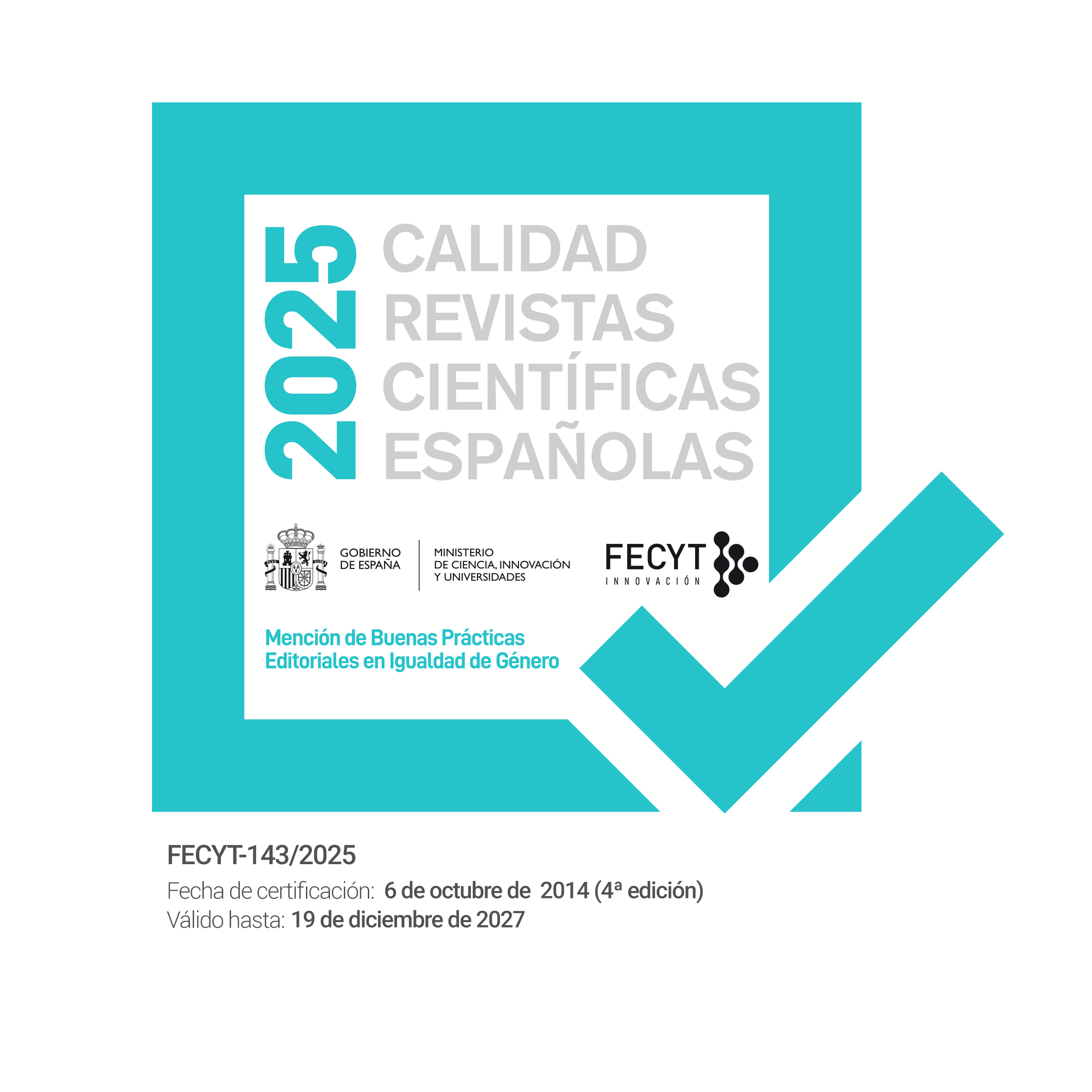INTERCULTURAL DEVELOPMENT DURING SHORT-TERM STUDY ABROAD: THE ROLE OF INTENSITY OF INTERACTION ON CROSS-CULTURAL SENSITIVITY
Keywords:
short-term study abroad, cross-cultural sensitivity, intercultural competence, global engagement, second language learnersAbstract
The present study examines second language (L2) learners’ development of cross-cultural sensitivity (CCS) during short-term study abroad (STSA) programs and explores the role intensity of interaction may play on CCS. Participants in this study were 19 US college students enrolled in an 8-week STSA program in Spain. Before they went abroad, learners completed the Inventory of Cross- Cultural Sensitivity (ICCS, Mahon & Cushner, 2014), which consists of 4 subscales: cultural behavior integration, cultural anxiety, cognitive flexibility, and cultural inclusion. While overseas, they completed 10 weekly journal entries about their experiences. At the end of their stay, they retook the ICCS, and completed a language contact survey, which measured the amount and nature of their interactions in Spanish in different situations. Results revealed that their STSA program afforded gains in their overall CCS, and more specifically in their cultural behavioral integration. Interestingly, the participants experienced a decrease in their cognitive flexibility, suggesting that after participating in an STSA program, they still felt like tourists and did not have time to develop a positive attitude toward local folks. As for the role of intensity of interaction, a partial effect on CCS was observed. This is due to the fact that only the subscale of cultural anxiety was related to amount of interaction in Spanish. All in all, this study represents a key contribution to the fields of intercultural competence and the study abroad (SA) context, providing data relevant for program planning decisions and for preparation of students prior to undertaking an international experience.
Downloads
Downloads
Published
How to Cite
Issue
Section
License
El Grupo de Investigación “La lengua inglesa en el ámbito universitario” HUM-397 conserva los derechos de copyright de los artículos publicados y permite la reutilización de los mismos bajo licencia Creative Commons: Creative Commons Atribución-NoComercial-SinDerivar 4.0 Internacional: se pueden copiar, usar, difundir, transmitir y exponer públicamente los artículos mencionados, siempre que (a) se cite la autoría y la fuente original de su publicación, (b) no se usen para fines comerciales, (c) no se creen obras derivadas mediante su transformación, (d) se mencione la existencia y especificaciones de esta licencia de uso.








